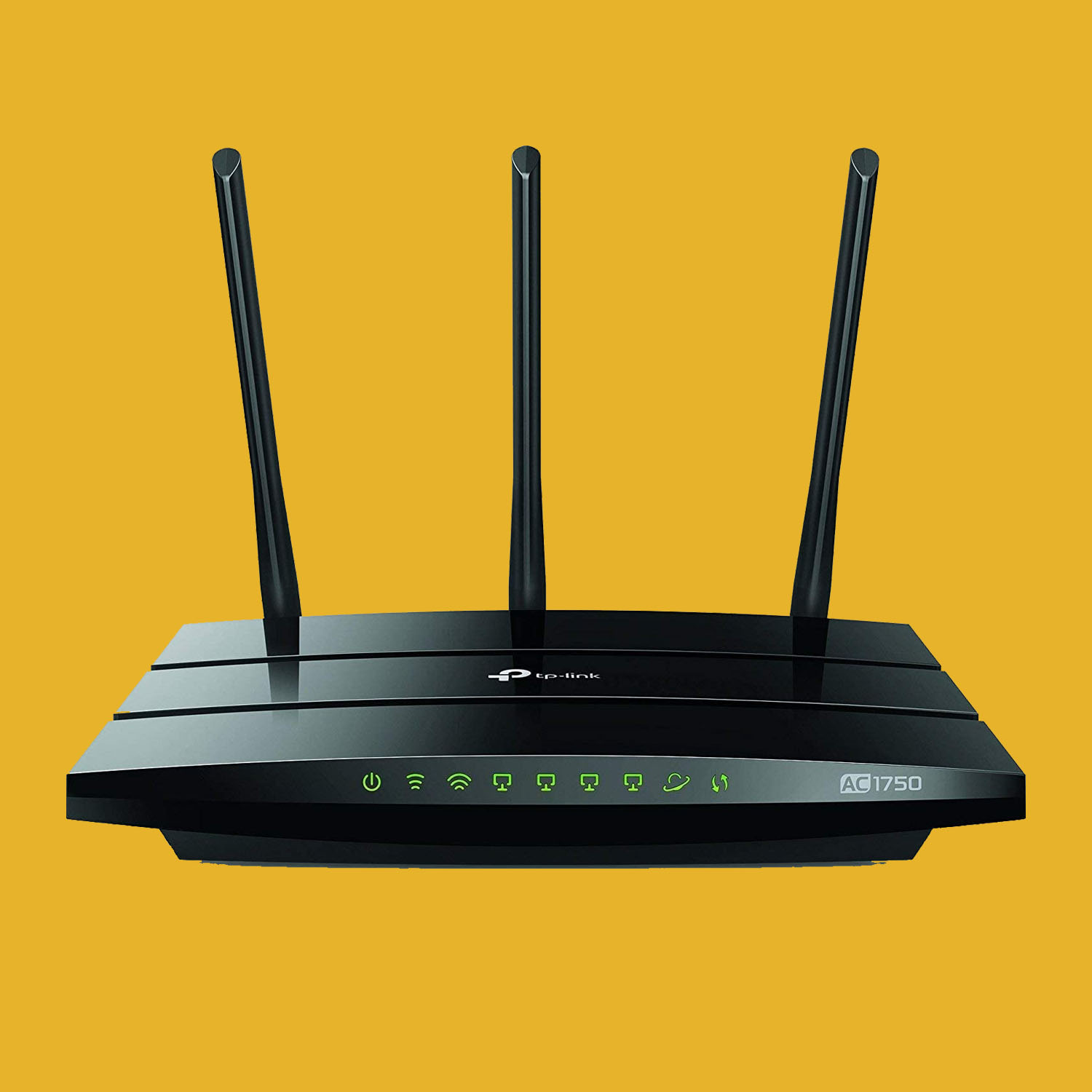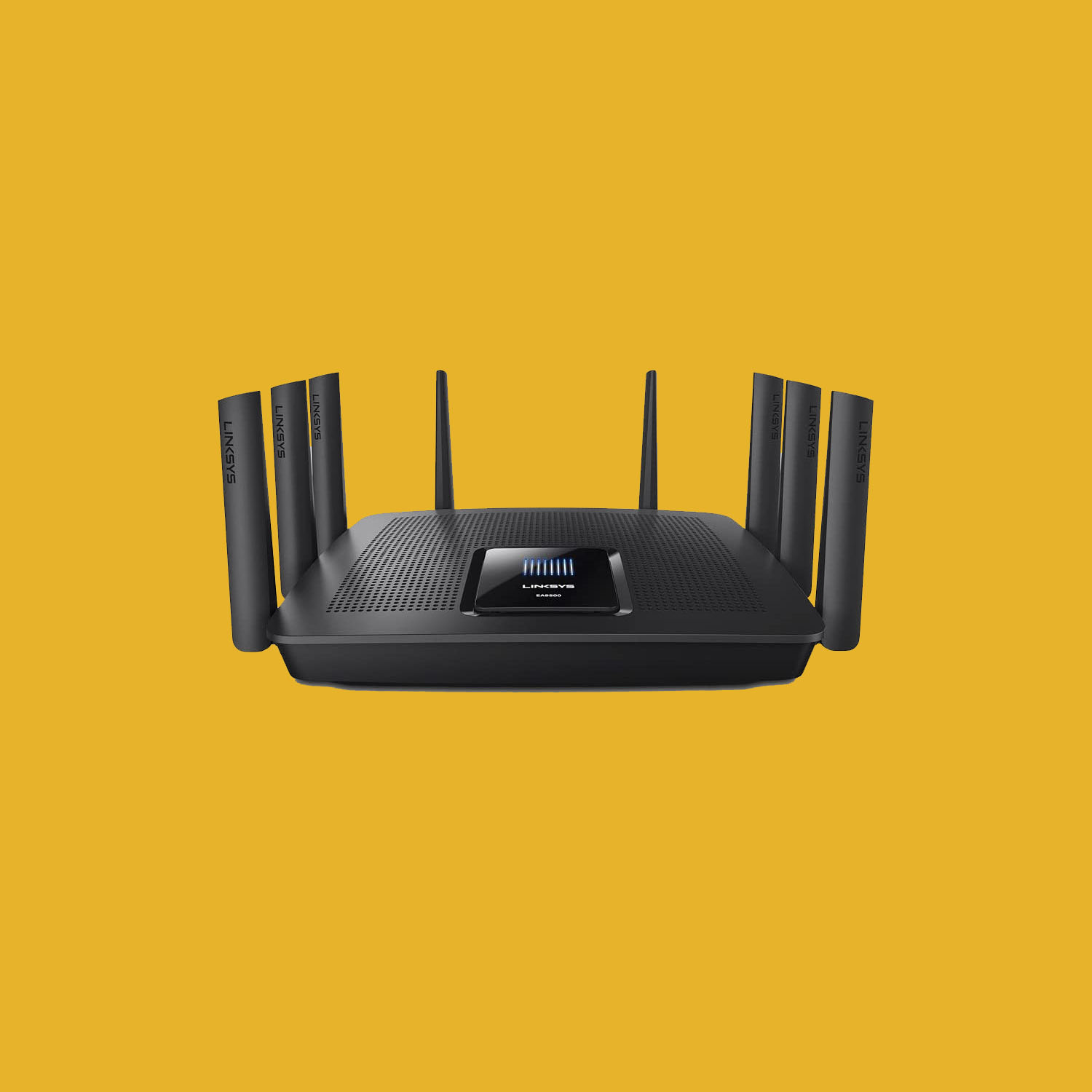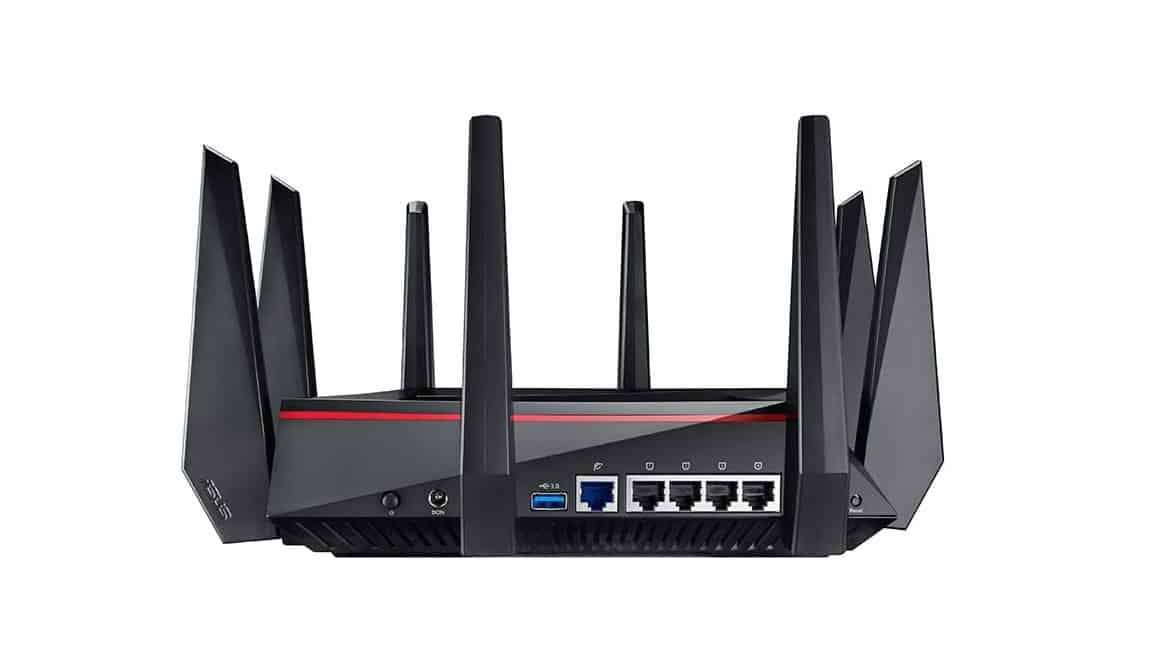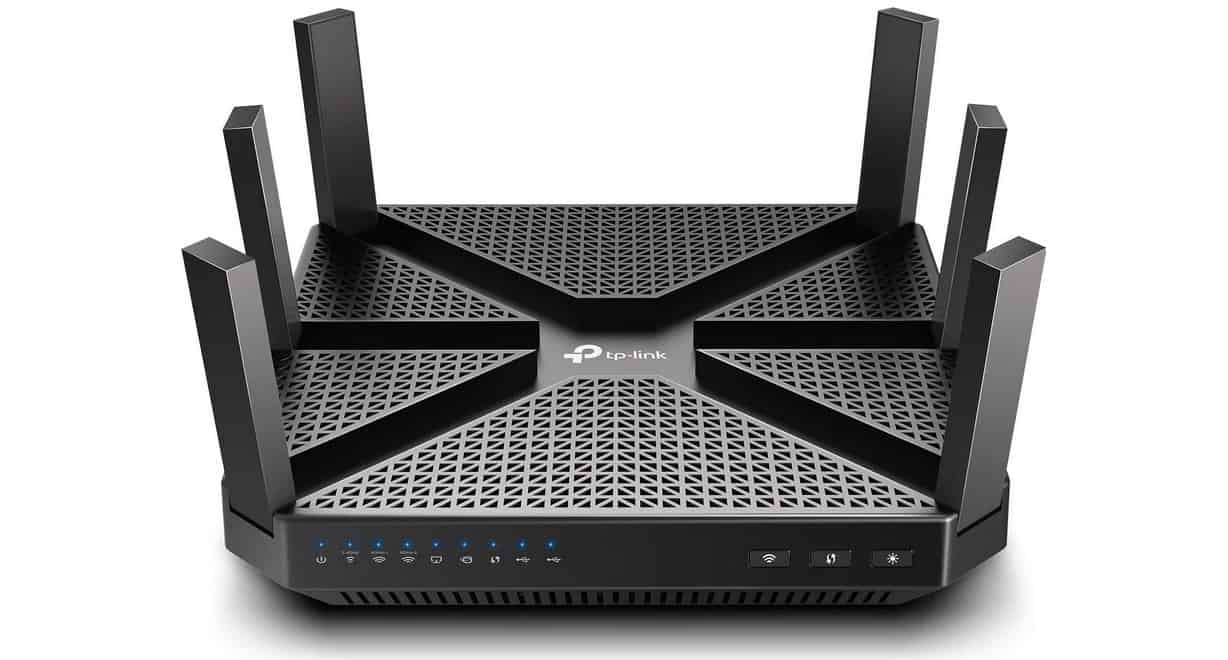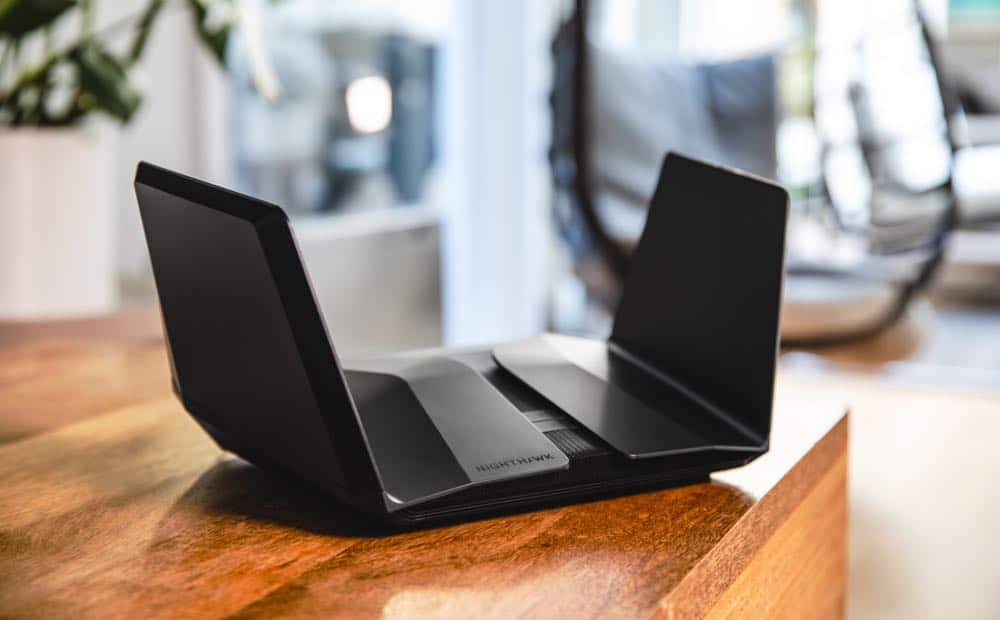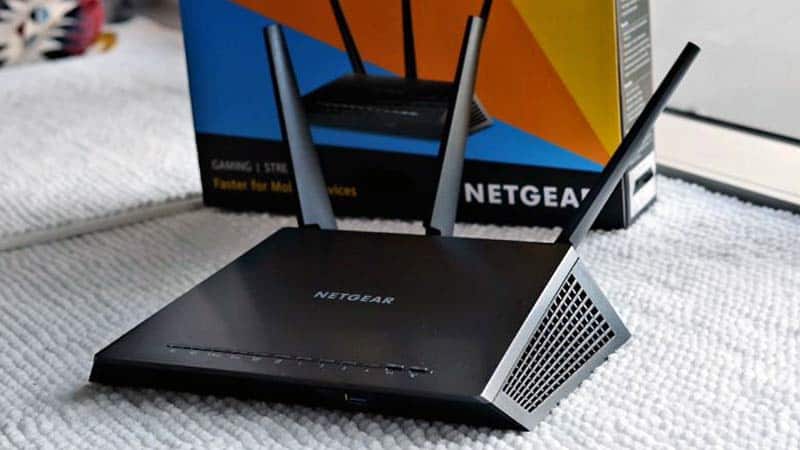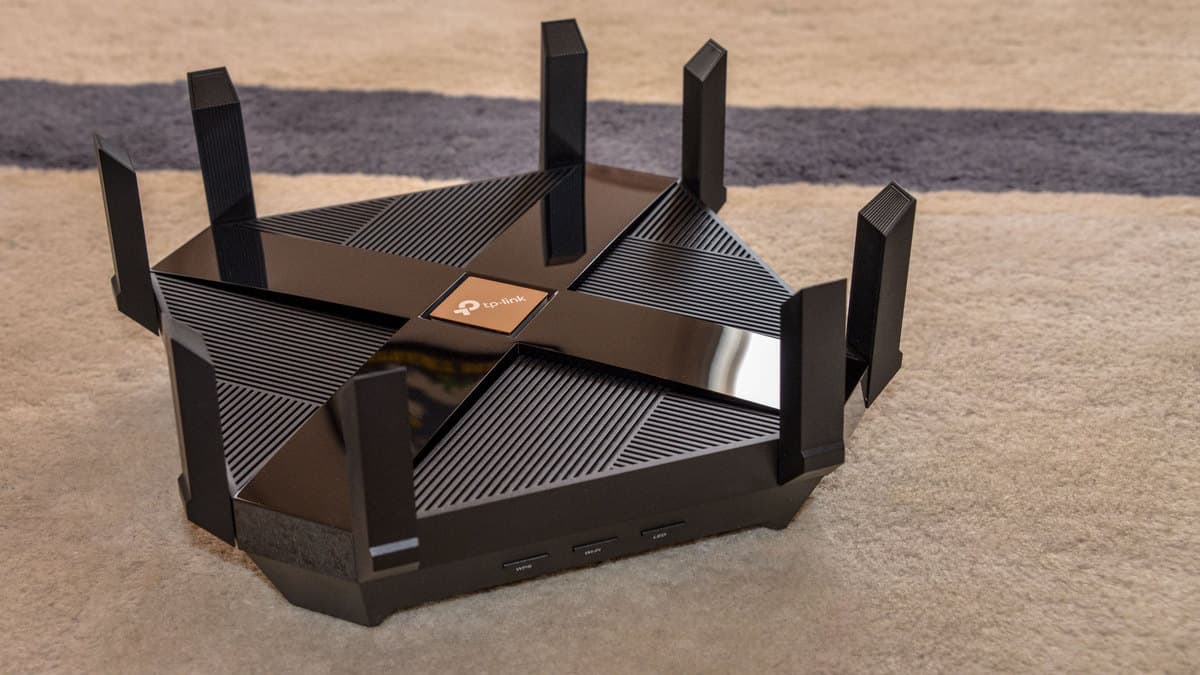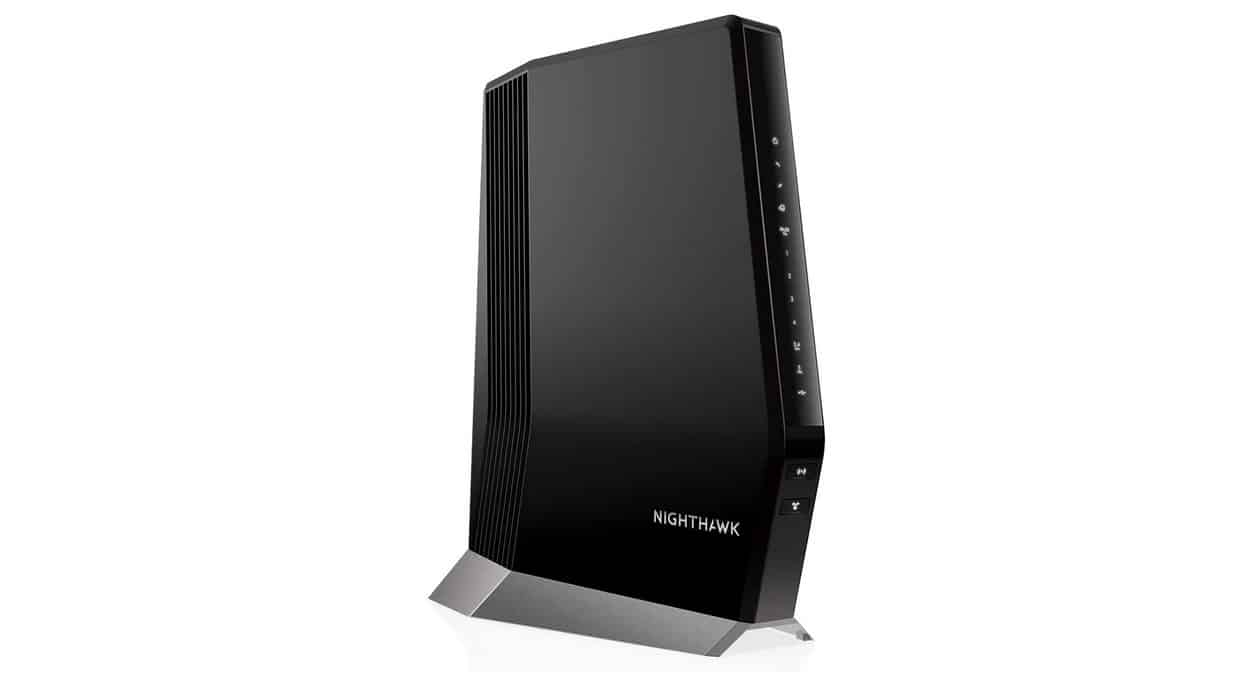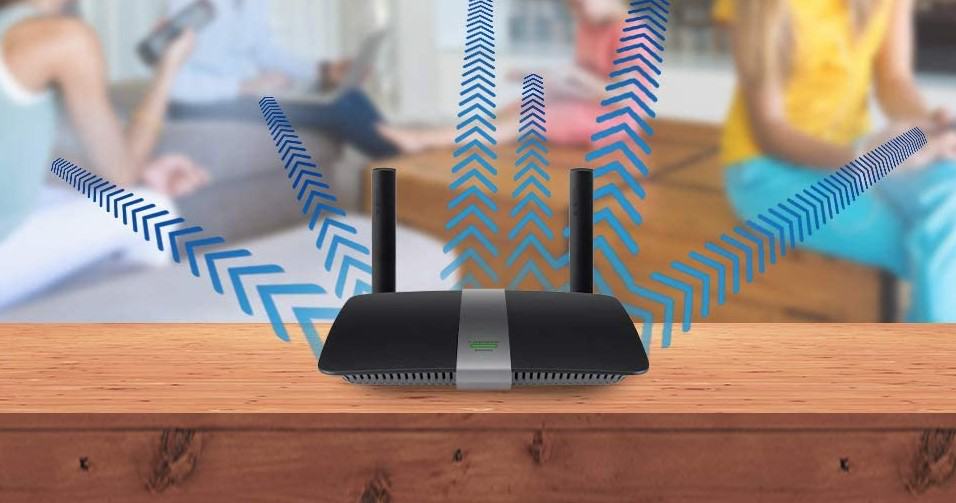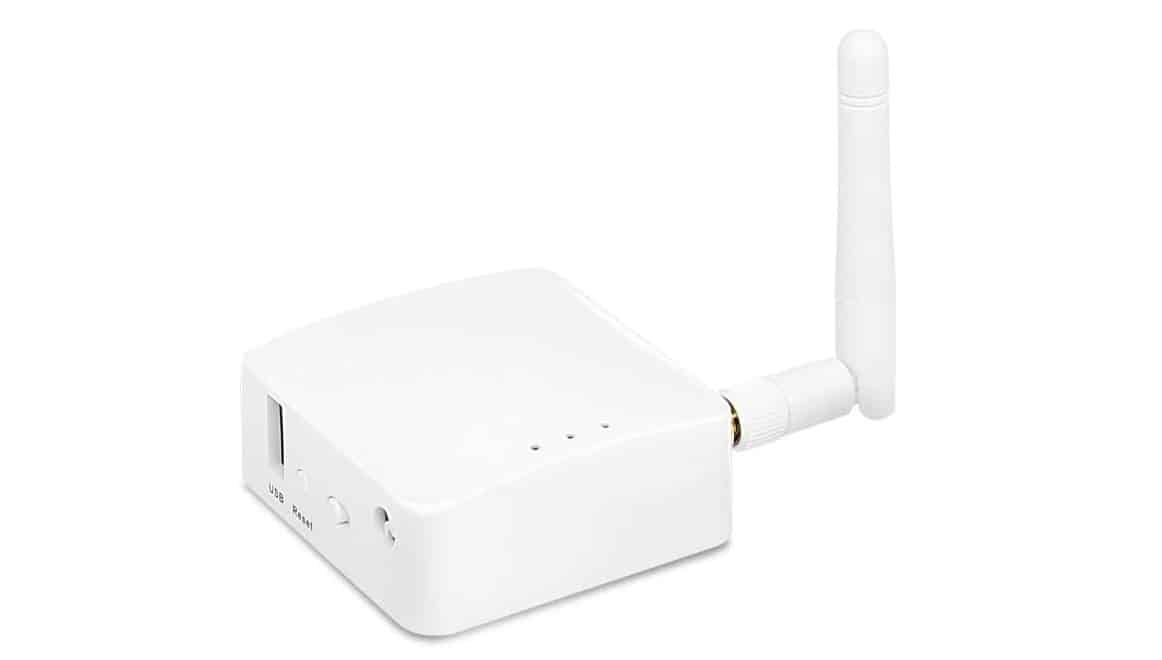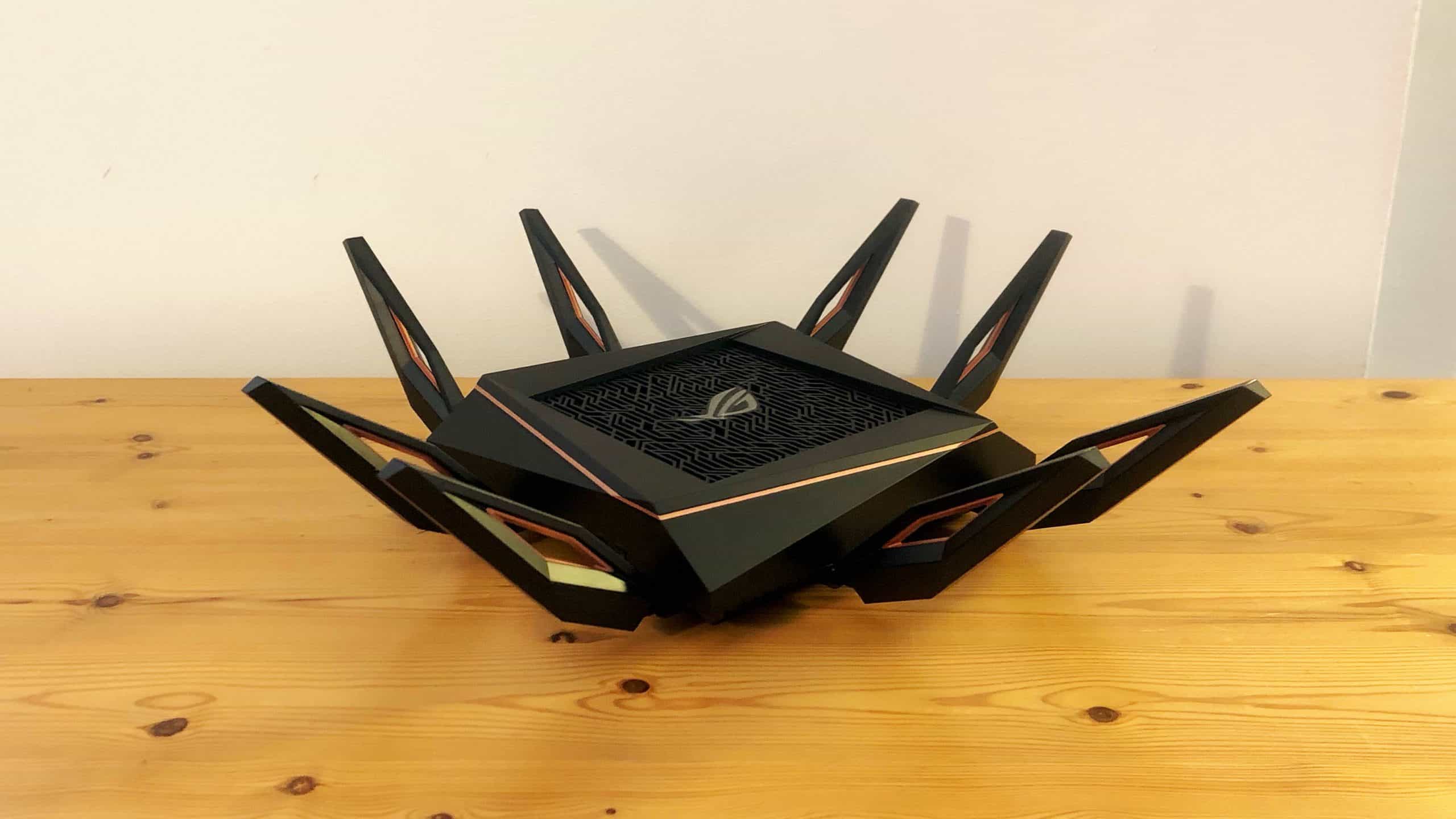If you’re shopping for the best router, then you may wonder the difference between dual-band routers and single-band routers. Some users don’t think there’s a difference between a router with a single band vs dual band operating frequency, but that isn’t the case. Depending on your Wi-Fi router, you will notice faster speeds if you utilize the correct GHz frequency band for your connected devices. So, is a single-band or dual-band router better? Read on to find out.
KEY TAKEAWAYS:
- A single-band router is more affordable than a dual-band device, but you cannot connect many devices to it, and it will not be as fast.
- A dual-band router offers a 2.4GHz frequency band and a 5GHz wireless band. You can prioritize your bandwidth-intensive devices to the faster 5GHz band and slower activities to 2.4GHz.
- Go with a dual-band router if you have a multi-user home with high internet bandwidth usage.
Comparing Dual-Band Wi-Fi Router vs a Single-Band Router
Like comparing single-band and dual-band Wi-Fi extenders, you can expect many different wireless speeds between single and dual-band wireless routers. That said, what do multi-band devices offer that single frequency band routers don’t?
Insider Tip
Save your 5GHz internet band for bandwidth-intensive activities like online gaming and streaming HD video. Let the 2.4GHz signal handle simple web browsing and smart home devices.
A dual-band router utilizes multiple frequency bands to connect your wireless devices to your high-speed internet plan. The two GHz bands are 2.4GHz and 5GHz, with the 5GHz channel offering increased internet speed. In addition, with a separate 5GHz Wi-Fi channel, you can prioritize your bandwidth-intensive activities by connecting slower-speed activities to the 2.4GHz signal.
A standalone router may offer a single 5GHz band. Still, your single-band wireless device is more likely only to provide a 2.4GHz signal. A single-band router will connect all of your devices over a 2.4GHz connection. Still, you’ll be limited to a maximum Wi-Fi speed of 600 Mbps across all of them.
If your current router lacks a strong signal at the edges of your Wi-Fi network, you may need a wireless access point. That said, you should investigate if a wireless access point or a modern router is best for your wireless network.
Maximum Speeds
A dual or tri-band Wi-Fi router offering multiple wireless connections gives you much better aggregate speeds over a single-band router. In addition, since you can organize your Wi-Fi devices over various bands, you will suffer from less network congestion. Lastly, in terms of broadband speed, 5GHz speed is comparable with a wired connection via ethernet cable. At the same time, 2.4GHz has a maximum theoretical speed of only half.
Stable Connection
Wireless electronic devices are everywhere in our homes, and most of them use 2.4 GHz connections. From the microwave to your wireless baby monitor, they compete for space on the radio waves in your home. This leads to signal interference on single-band routers. So, a dual-band 5GHz router is the better choice for a stable Wi-Fi signal.
Range
A single frequency band router will have a shorter range than a dual-band 5 GHz router. While the wireless signals from a single-band router will be enough for a small home or business, your wireless bandwidth will not reach much further than that.
Warning
Do not overload the 5GHz band of your router. While you may want all your compatible devices to get an internet speed boost, too many on a single band will slow your network down.
F.A.Q.S
So what’s a tri-band router?
A tri-band router offers a 2.4 GHz signal and two additional 5 GHz bands. While they are more expensive than other 5 GHz devices, they are great for prioritizing a congested network.
When might you not need a dual-band router?
If you only occasionally surf the internet or check your email, you probably don’t need an additional band. That said, dual-band routers are more affordable every year, so you may want to upgrade the next time you buy a router.
Will a better router increase bandwidth?
A new router will not increase the bandwidth entering your home network. Still, it will make higher speeds more achievable than older equipment.
STAT: According to a 2018 survey from the US Census Bureau, households that relied on their smartphone service for an internet connection were more likely to make $25,000 or less per year. (source)
REFERENCES:

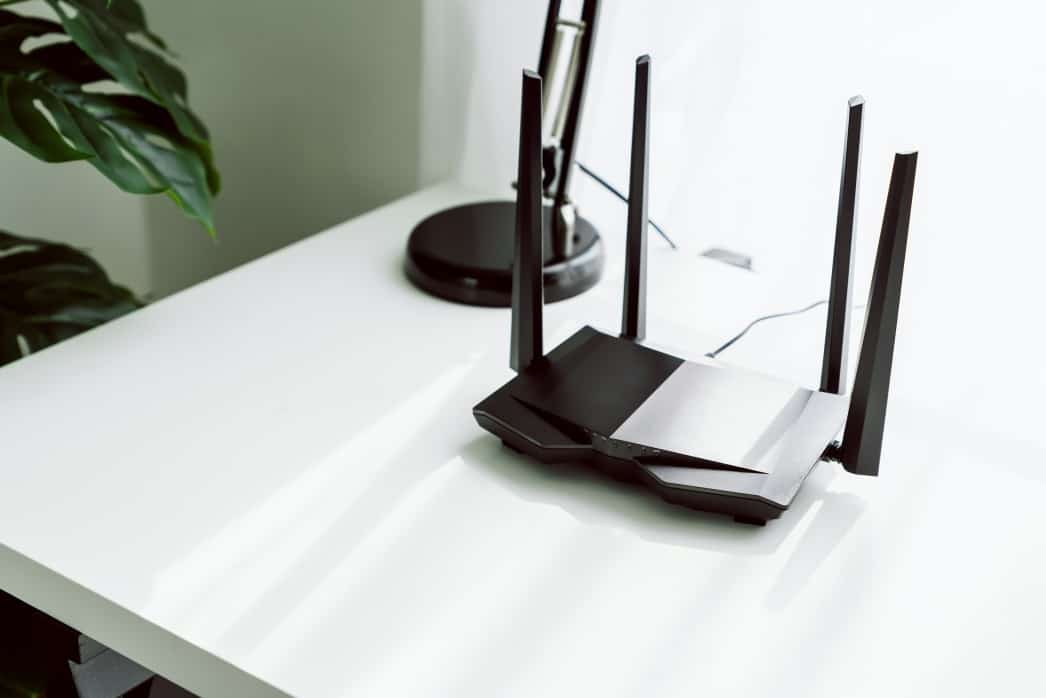


















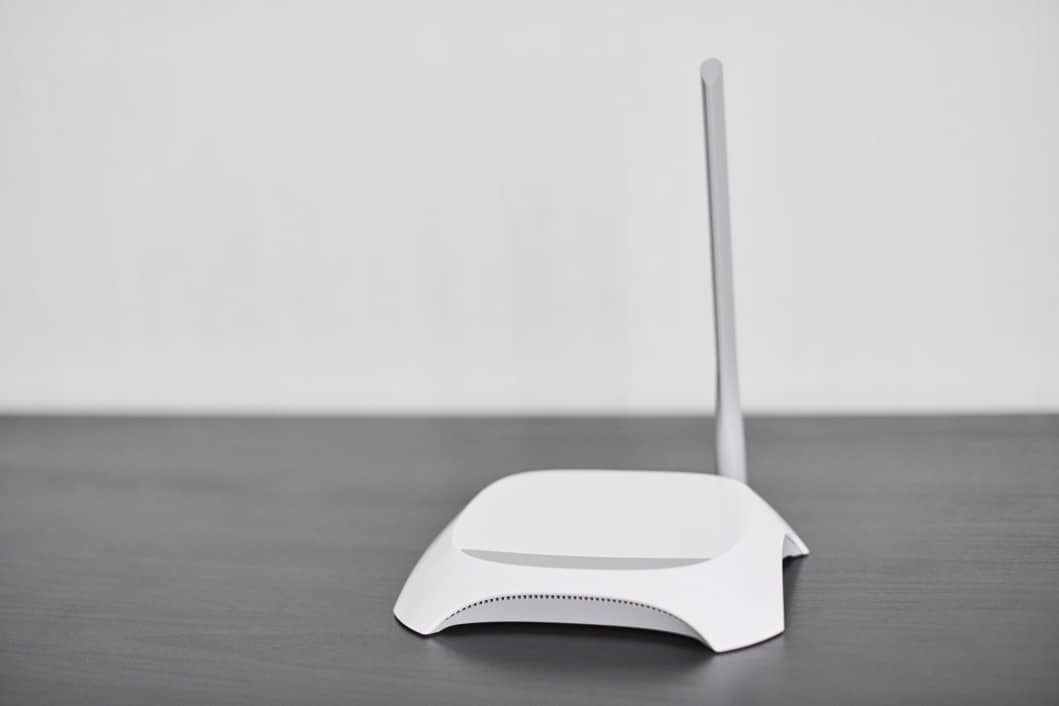



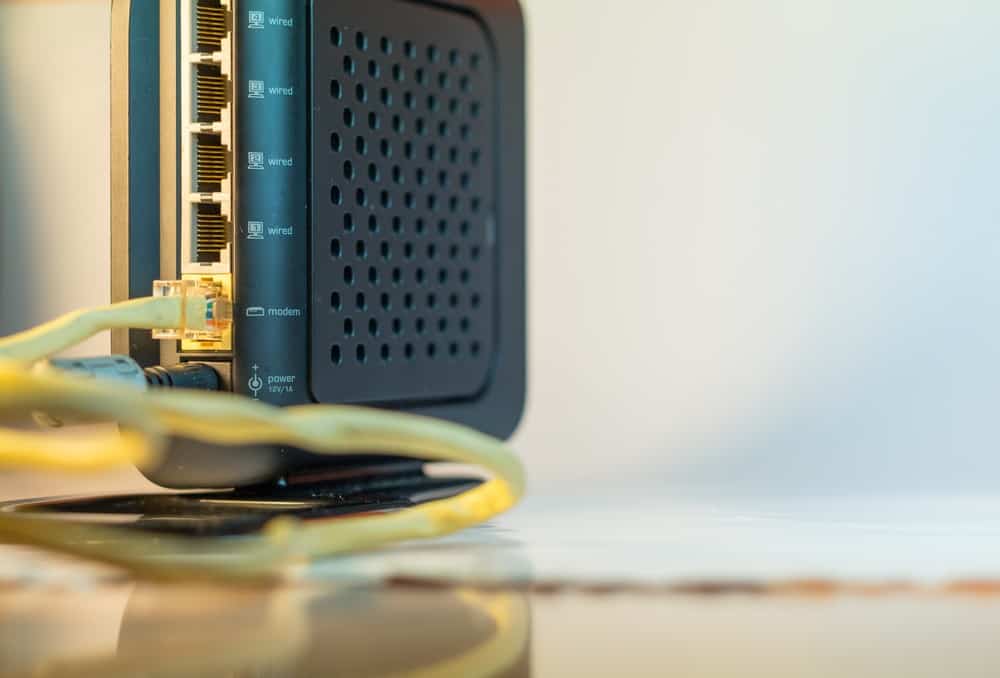

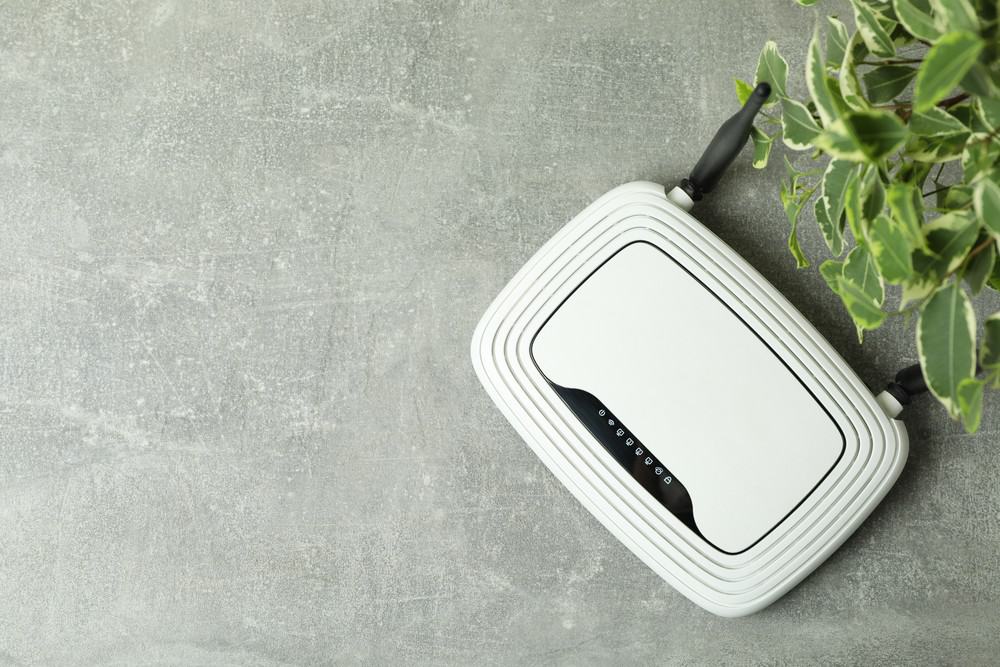
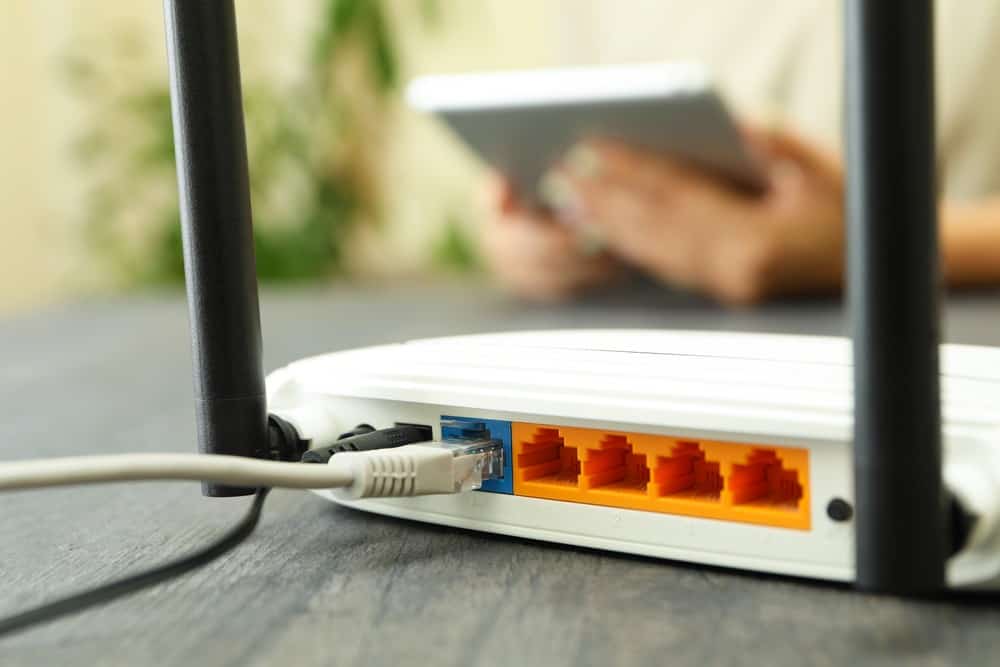
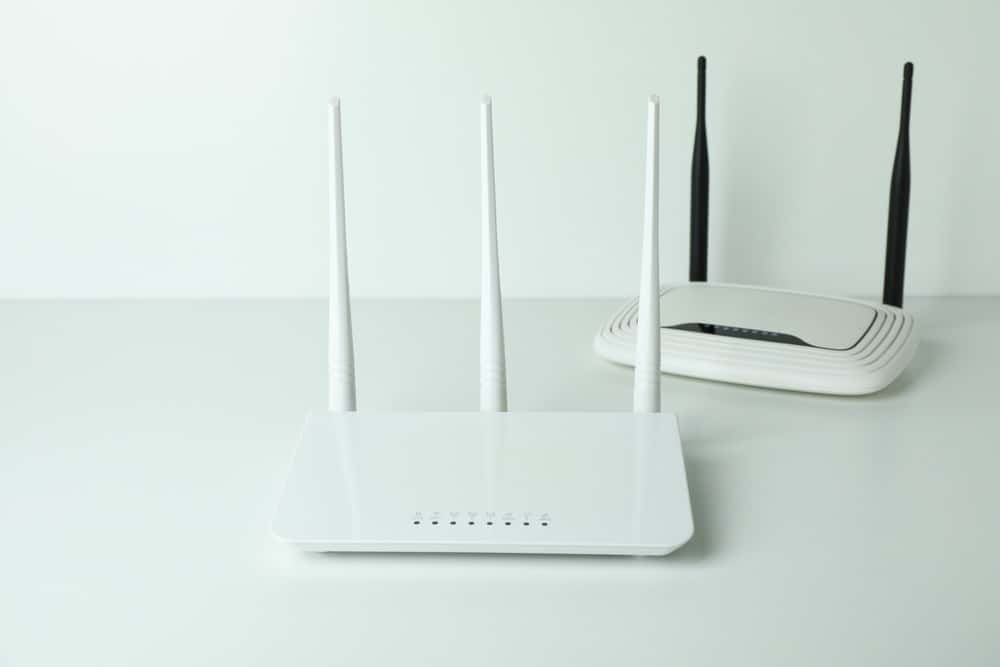
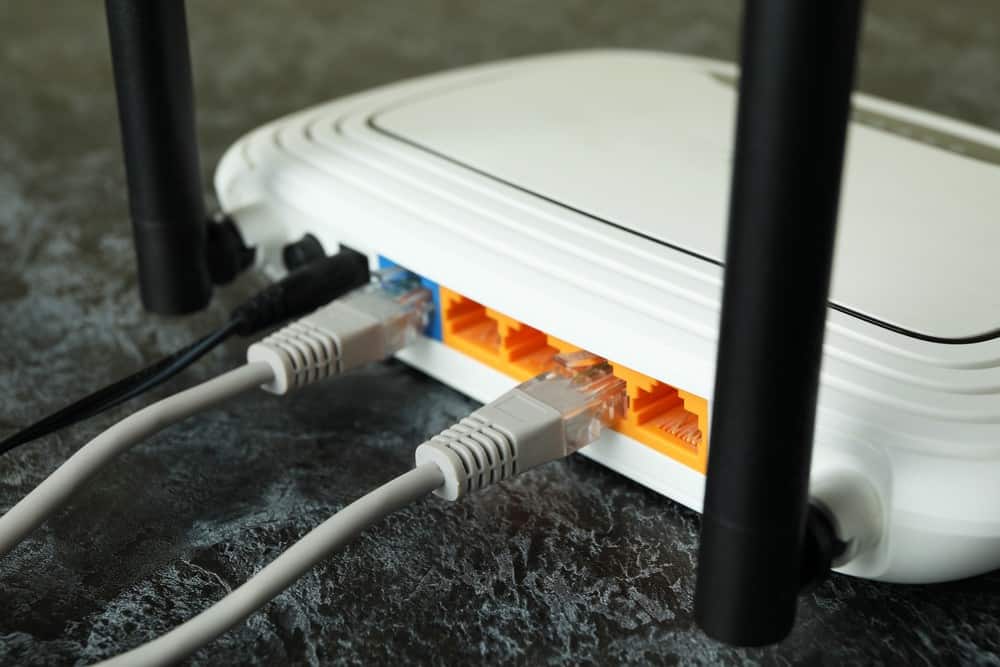
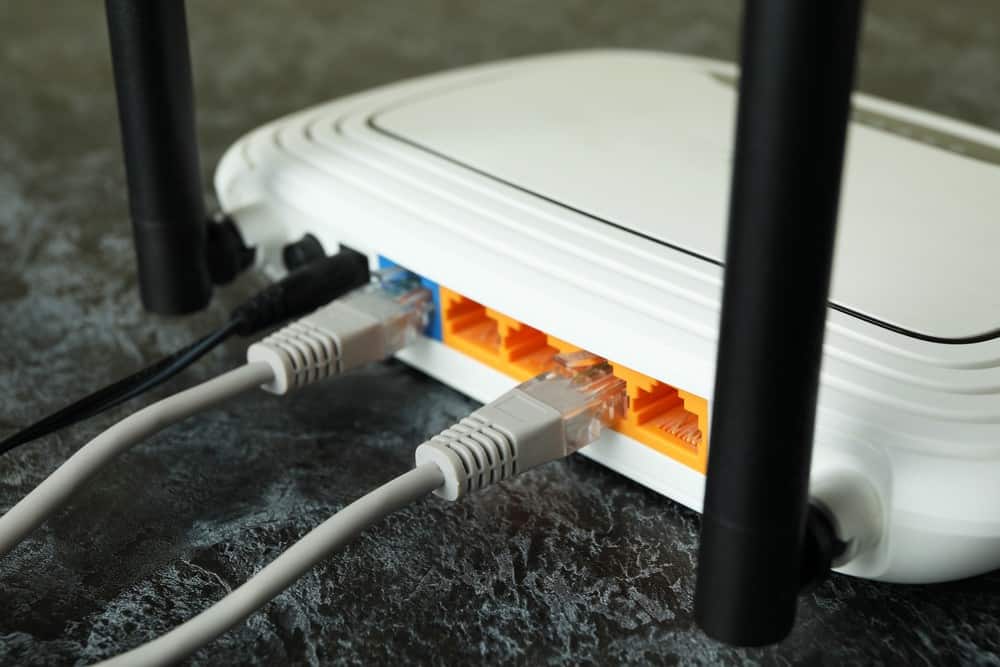

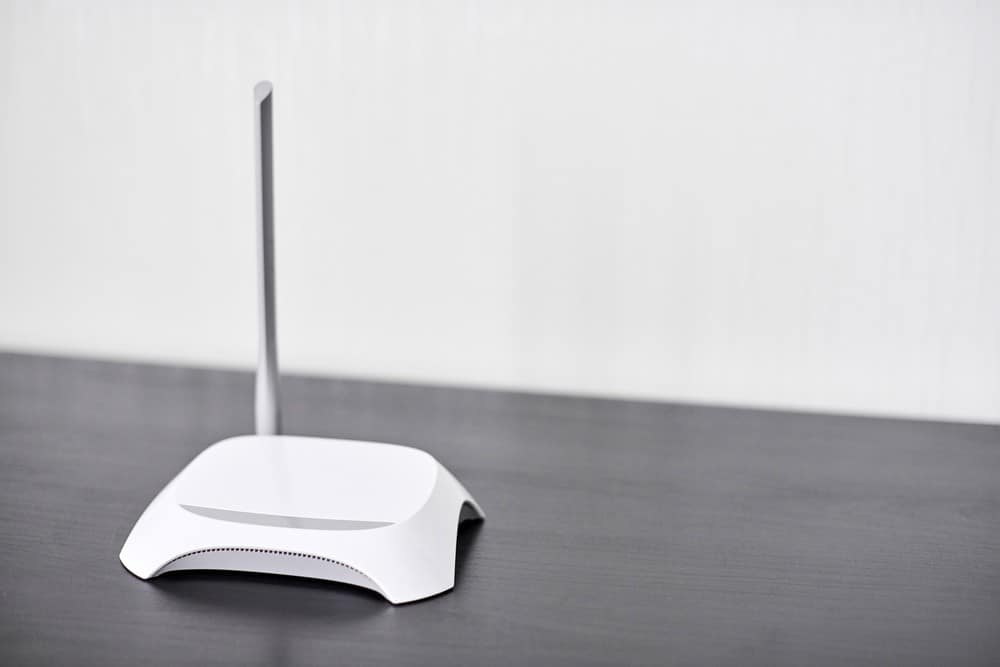
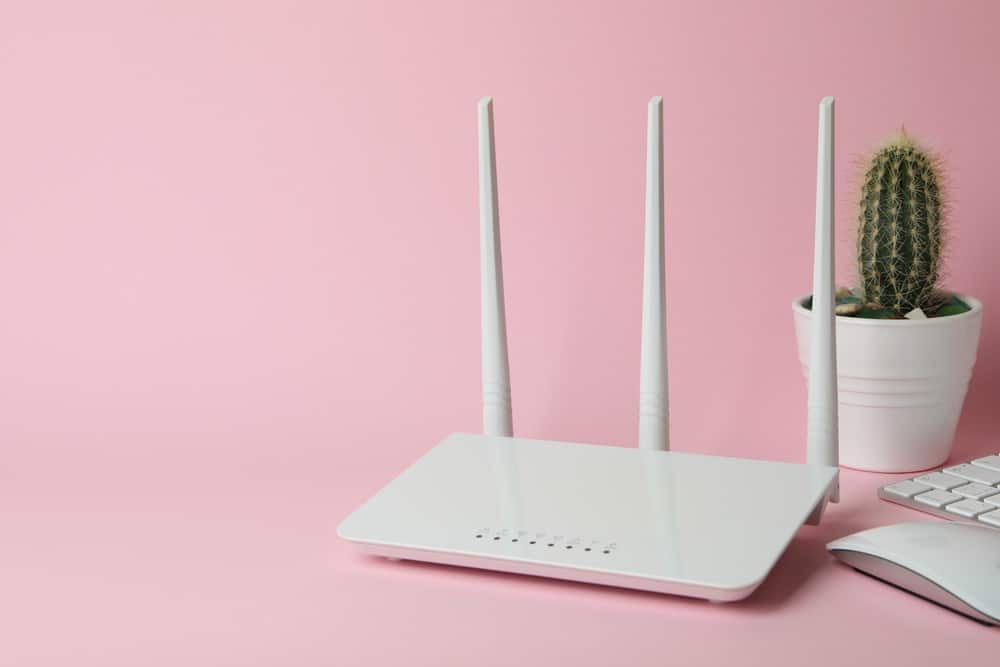
![Best BenQ Monitors in [year] 27 Best BenQ Monitors in 2026](https://www.gadgetreview.dev/wp-content/uploads/best-benq-monitor-image.jpg)
![Best Wifi Extenders For FiOS in [year] 28 Best Wifi Extenders For FiOS in 2026](https://www.gadgetreview.dev/wp-content/uploads/best-wifi-extender-for-fios-image.jpg)
![Best Fiber Optic Routers in [year] 29 Best Fiber Optic Routers in 2026](https://www.gadgetreview.dev/wp-content/uploads/best-fiber-optic-router-image.jpg)
![Best VoIP Routers in [year] 30 Best VoIP Routers in 2026](https://www.gadgetreview.dev/wp-content/uploads/best-voip-router-image.jpg)
![Best Routers for 200Mbps in [year] 31 Best Routers for 200Mbps in 2026](https://www.gadgetreview.dev/wp-content/uploads/best-router-for-200mbps-image.jpg)
![Best Routers for Optimum in [year] 32 Best Routers for Optimum in 2026](https://www.gadgetreview.dev/wp-content/uploads/best-router-for-optimum-image.jpg)
![Best Routers for Apple in [year] 33 Best Routers for Apple in 2026](https://www.gadgetreview.dev/wp-content/uploads/best-router-for-apple-image.jpg)
![Best Routers for Frontier FIOS in [year] 34 Best Routers for Frontier FIOS in 2026](https://www.gadgetreview.dev/wp-content/uploads/best-router-for-frontier-fios-image.jpg)
![Best Secure Routers in [year] 35 Best Secure Routers in 2026](https://www.gadgetreview.dev/wp-content/uploads/best-secure-router-image.jpg)
![Best Routers for Google Fiber in [year] 36 Best Routers for Google Fiber in 2026](https://www.gadgetreview.dev/wp-content/uploads/best-router-for-google-fiber-image.jpg)
![Best Routers for Cox in [year] 37 Best Routers for Cox in 2026](https://www.gadgetreview.dev/wp-content/uploads/best-router-for-cox-image.jpg)
![Best Asus Routers in [year] 38 Best Asus Routers in 2026](https://www.gadgetreview.dev/wp-content/uploads/best-asus-routers-image.jpg)
![Best Linksys Routers in [year] 39 Best Linksys Routers in 2026](https://www.gadgetreview.dev/wp-content/uploads/best-linksys-routers-image.jpg)
![Best Routers for CenturyLink in [year] 40 Best Routers for CenturyLink in 2026](https://www.gadgetreview.dev/wp-content/uploads/best-router-for-centurylink-image.jpg)
![Best WiFi Routers for Multiple Devices in [year] 41 Best WiFi Routers for Multiple Devices in 2026](https://www.gadgetreview.dev/wp-content/uploads/best-wifi-router-for-multiple-devices-image.jpg)
![Best Wired Routers in [year] 42 Best Wired Routers in 2026](https://www.gadgetreview.dev/wp-content/uploads/best-wired-router-image.jpg)
![Best Routers for 4K Streaming in [year] 43 Best Routers for 4K Streaming in 2026](https://www.gadgetreview.dev/wp-content/uploads/best-router-for-4k-streaming-image.jpg)
![Best Cisco Routers in [year] 44 Best Cisco Routers in 2026](https://www.gadgetreview.dev/wp-content/uploads/best-cisco-routers-image.jpg)
![Best eero Routers in [year] 45 Best eero Routers in 2026](https://www.gadgetreview.dev/wp-content/uploads/best-eero-routers-image.jpg)


